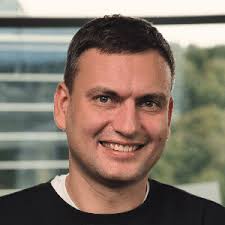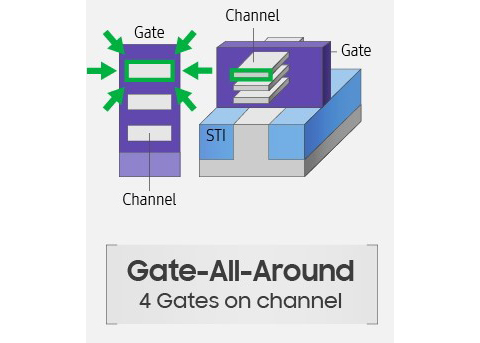
Through “4β”, Oxylabs will supply the know-how, infrastructure and resources pro bono to academic institutions, researchers, and organizations.
“Providing value to individuals and societies at large is at the core of Oxylabs’ business practices. Every day we witness how large-scale public web data gathering can help businesses get crucial insights. We know that our robust infrastructure and years of knowledge can also serve public initiatives to change the world for the better,” says Julius Černiauskas, CEO at Oxylabs (pictured).
For Oxylabs, a company providing market-leading public web data gathering solutions, the β coefficient is the change in the outcome for every change in the predictor. The company cares that its β is the public good.
“We created “Project 4β” to give no-fee access to global public web data for academic institutions, researchers, NGOs, NPOs and other organizations to help them maximize their research impact and enhance their understanding of the web scraping technology with regards to the ethical, legal, and technical aspects,” continues Černiauskas.
“4β” addresses the four effects the project will contribute its tech, resources, and know-how pro bono:
Enabling researchers and academic departments with public web data gathering infrastructure, tech, and legal advisory globally through impactful partnerships.
Supporting lecturers and academic departments with free masterclasses and know-how about the legal, ethical, and technical aspects of public web data research.
Helping NGOs, NPOs and other organizations address the most challenging social missions by providing public web data gathering infrastructure, tech, and legal advisory.
Funding and advising academic researchers aiming to tackle large scale public web data and positive-change-driven projects. The grants are expected to launch later this year.
Throughout the years, Oxylabs supported academics and institutions working towards the public good. The company partnered with the student-led project TrackCorona – a platform created by a team from the University of Stanford, Virginia, and Virginia Tech.
Oxylabs also collaborated with professors from the University of Michigan and CODE – University of Applied Sciencesto share expertise in the field of ethical web scraping and, according to the universities’ need, will continue the cooperation by holding workshops and sharing public web data gathering solutions for academic purposes.
“Data scientists often find themselves scraping data and are hopeful no one asks too many questions. The partnership with Oxylabs has allowed us to root the discussion of what actions are appropriate in the legal precedents formed over the last twenty years. Instead of avoiding the topic as taboo, we can address it head-on in the context of our curriculum,” shares Christopher Brooks, Assistant Professor at the University of Michigan.
Another example was a pro bono partnership with the Communications Regulatory Authority of Lithuania (RRT), born after winning the Govtech Lab Challenge. Oxylabs created a unique AI-powered tool to detect content revealing child abuse. During the first 2 months of its use, the tool scanned around 288 000+ Lithuanian websites, identified potentially harmful visual content units and directed them all for analysis to RRT specialists.
“More academia representatives are becoming aware of how web scraping technology can ease an expensive and complicated research process and how it can be harnessed to solve various social questions. We have witnessed a great number of inquiries regarding the use of our services and decided to take the front seat and bring further awareness by launching our dedicated pro bono “Project 4β”,” explains Julius Černiauskas.
Universities, faculties, individual academics, researchers and educators, NGOs, and other public initiatives are invited to join the programme. Applications to enter “4β” and access automated public web data gathering solutions are accepted via contact form.







